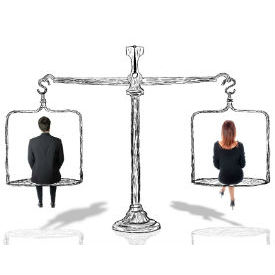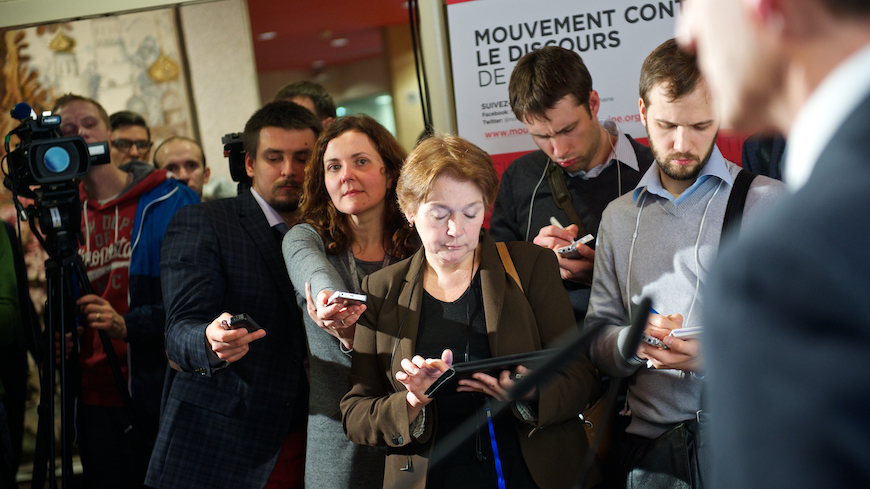A new analytical Report looking at the current legal and policy situation regarding gender equality and media has been jointly released by the Council of Europe’s Gender Equality Commission and Steering Committee on Media and Information Society. It examines the progress made since the adoption of Recommendation CM/Rec(2013)1 on gender equality and media, based on a questionnaire addressed in 2019 to member states, media organisations, media regulators and media self-regulatory bodies.
The Report concludes that some progress took place at the level of national legislations and media regulations. It also highlights some promising concrete initiatives and awareness raising activities undertaken by different stakeholders.
However, despite some progress, media coverage of gender equality issues and of violence against women as well as gender inequalities in the profession, high levels of violence against women journalists and a weak representation of women in decision-making roles still need to be addressed. The Report highlights that the mindset and culture in newsrooms must be tackled, with the participation of the industry, in order for the media sector to contribute at its fullest to gender equality. Read the report here.





